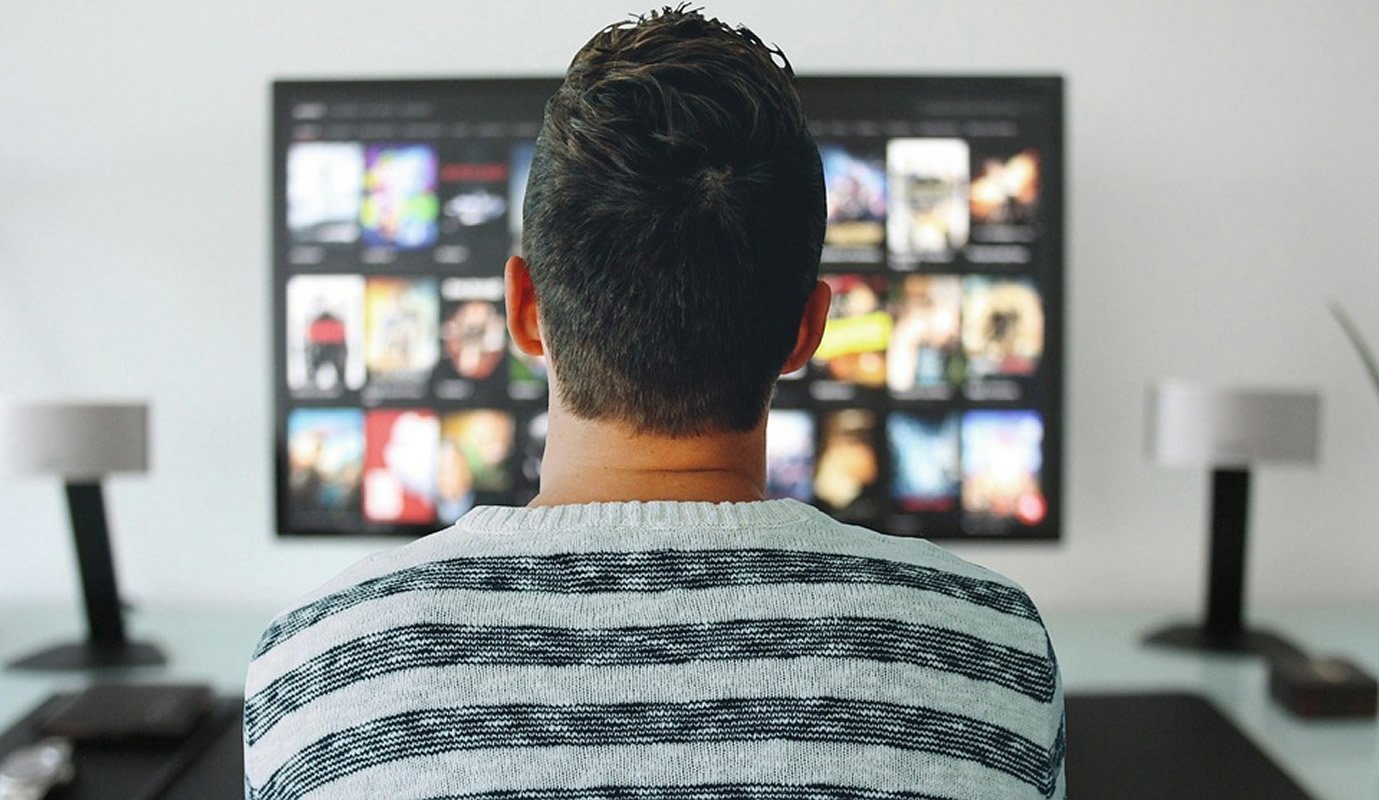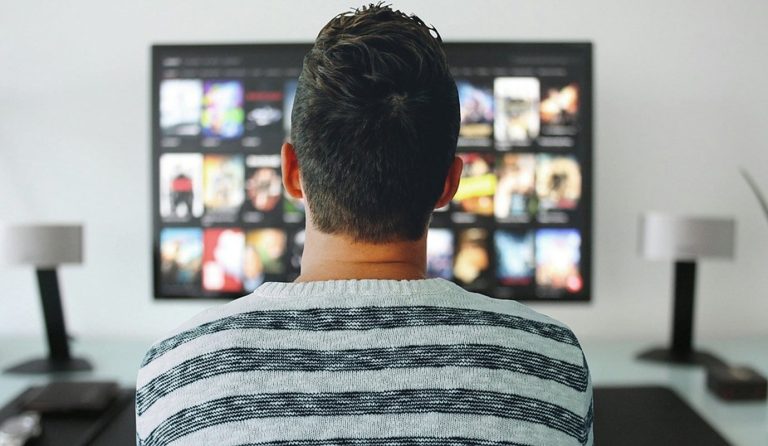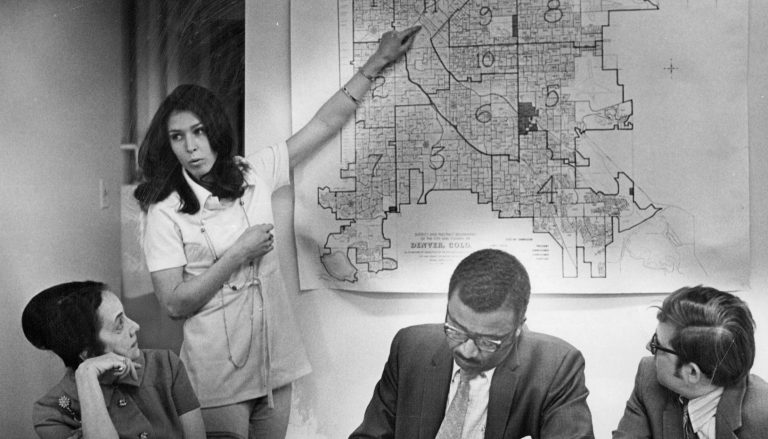In this digital age, where streaming services offer an endless array of TV shows and movies at our fingertips, binge-watching has become a cultural phenomenon. We’ve all been there—just one more episode turns into an all-night marathon. But have you ever wondered why we can’t seem to stop binge-watching? What drives us to immerse ourselves in a TV series for hours? In this article, we’ll explore the psychology behind binge-watching and the fascinating reasons behind this behavior.
The Allure of Instant Gratification
Have you ever noticed how satisfying it feels to click the “Next Episode” button after a cliffhanger ending? This is because binge-watching taps into our desire for instant gratification. In a world where we can order food with a few taps on our phones and get information at lightning speed, waiting for weekly TV episodes can feel agonizingly slow.
Binge-watching satisfies our need for immediate rewards, as each episode provides closure to a part of the story, leaving us eager for more. It’s like devouring a bag of potato chips; you can’t have just one!
Escapism: A Temporary Getaway
Life can be stressful; sometimes, we must escape reality. Binge-watching offers a temporary getaway from the challenges and responsibilities of our daily lives. When we immerse ourselves in the world of a TV series, we temporarily forget our problems and enter a different realm.
It’s like taking a mini-vacation without leaving your couch. This ability to escape into another world is a powerful motivator for binge-watching.
Emotional Connection with Characters
Have you ever cried when a beloved character on your favorite show faced a heart-wrenching situation? That emotional connection is a significant factor behind binge-watching. We become attached to the characters, and their triumphs and tribulations become our own.
This emotional bond keeps us invested in the storyline, making us eager to see what happens next. We want to witness their growth, struggles, and relationships evolve.
Fear of Missing Out (FOMO)
The fear of missing out (FOMO) isn’t limited to social events; it also extends to cultural conversation. You don’t want to feel left out when everyone around you discusses the latest plot twists and character developmentsincluded.
Binge-watching lets you stay in the loop, ensuring you can participate in those water cooler conversations or social media discussions. It’s like staying connected to a collective experience.
The Dopamine Rush
Dopamine is a neurotransmitter associated with pleasure and reward. When we binge-watch, our brains release dopamine in response to the excitement and anticipation of what’s coming next. This dopamine rush can become addictive, as we associate binge-watching with feelings of happiness and satisfaction.
It’s similar to the rush you get when winning a game or receiving a compliment. Our brains crave that positive reinforcement, making it challenging to stop watching.
Social Bonding Through Fandom
Binge-watching often leads to fandoms—groups of passionate fans who share a common love for a particular show or series. Being part of a fandom provides a sense of belonging and community.
It’s like joining a club where everyone speaks the same language. You can discuss theories, dissect plot twists, and attend fan conventions together. This social aspect of binge-watching enhances the overall experience.
Binge-watching as a Stress Coping Mechanism
Life can be overwhelming, and binge-watching can serve as a coping mechanism. When stressed or anxious, indulging in a familiar TV series can provide comfort and distraction. It’s a way to shift our focus away from our worries temporarily.
Think of it as a form of self-care, where you give yourself permission to relax and unwind. However, it’s essential to strike a balance to avoid using binge-watching as a sole means of coping with stress.
The Impact of Cliffhangers
Cliffhangers are the secret sauce of binge-worthy TV shows. They leave us hanging on the edge of our seats, craving resolution. The anticipation of discovering what happens next is a powerful motivator to keep watching.
It’s like reading a thrilling novel and stopping at the most suspenseful moment. You can’t put it down until you know how it ends.

The Dark Side of Binge-Watching: Health Concerns
While binge-watching can be immensely enjoyable, it’s not without its drawbacks. Prolonged hours in front of the screen can lead to various health concerns. These include disrupted sleep patterns, physical inactivity, and even eye strain.
It’s crucial to be mindful of your binge-watching habits and take steps to mitigate these health risks. We’ll explore this in more detail later in the article.
How to Manage Binge-Watching Habits
If you find binge-watching has taken over your life and you’re neglecting other important activities, it’s time to take control. Here are some tips to help you manage your binge-watching habits:
Set Time Limits
Allocate specific time slots for binge-watching and stick to them. For example, reserve Friday evenings for your favorite show. This ensures binge-watching doesn’t infringe on your work, family, or social commitments.
Prioritize Sleep
Avoid late-night binge-watching sessions, as they can disrupt your sleep patterns. Lack of sleep can have a detrimental impact on your overall health and well-being.
Stay Active
Counteract the passive nature of binge-watching by incorporating physical activity into your routine. Consider taking short breaks to stretch or go for a walk between episodes.
Choose Quality Over Quantity
Instead of mindlessly consuming content, be selective about what you watch. Opt for shows that truly resonate with you and add value to your life.
Socialize
Binge-watching doesn’t have to be a solitary activity. Invite friends or family to join you for a viewing party. It’s a fun way to bond and share the experience.
Practice Self-Awareness
Monitor your binge-watching habits and assess whether they impact other areas of your life. If you notice negative consequences, take steps to cut back.
Conclusion
In conclusion, binge-watching is a complex behavior rooted in the desire for instant gratification, escapism, emotional connection with characters, FOMO, dopamine rushes, and social bonding. While it can be a source of entertainment and relaxation, it’s essential to strike a balance and be aware of its potential health effects.
Binge-watching is here to stay, but with mindful consumption and moderation, we can enjoy our favorite shows without sacrificing our well-being.
FAQs: Why do we binge-watch?
Q1: How does binge-watching affect our sleep patterns?
Binge-watching late into the night can disrupt your sleep patterns, leading to fatigue and sleep-related issues.
Q2: Can binge-watching lead to addiction?
Excessive binge-watching can become addictive, as it triggers dopamine release in the brain, leading to a craving for more.
Q3: What’s the ideal duration for a binge-watching session?
The ideal duration varies from person to person, but it’s important to balance binge-watching with other activities and responsibilities.
Q4: Is it better to binge-watch alone or with friends?
Binge-watching can be enjoyed alone and with friends; it depends on your preferences and social dynamics.
Q5: How can parents help their children maintain healthy viewing habits?
Parents can set boundaries, monitor screen time, and encourage a balanced approach to entertainment to help children develop healthy viewing habits.
Q6: Is binge-watching harmful to our mental health?
Excessive binge-watching can contribute to mental health issues such as depression and anxiety. It’s important to consume content mindfully.
Q7: Does binge-watching have any positive effects?
Binge-watching can provide relaxation and stress relief when enjoyed in moderation. It also fosters social bonding among fans.
Q8: Can binge-watching be a form of relaxation?
Yes, binge-watching can be a form of relaxation, but balancing it with other activities for a well-rounded lifestyle is essential.
Binge-watching is a fascinating phenomenon that reflects our evolving relationship with entertainment and technology. It’s a mix of pleasure, connection, and escape, and understanding the psychology behind it can help us make more informed choices about our viewing habits. So, the next time you find yourself engrossed in a TV series, remember there’s more to it than meets the eye.












+ There are no comments
Add yours